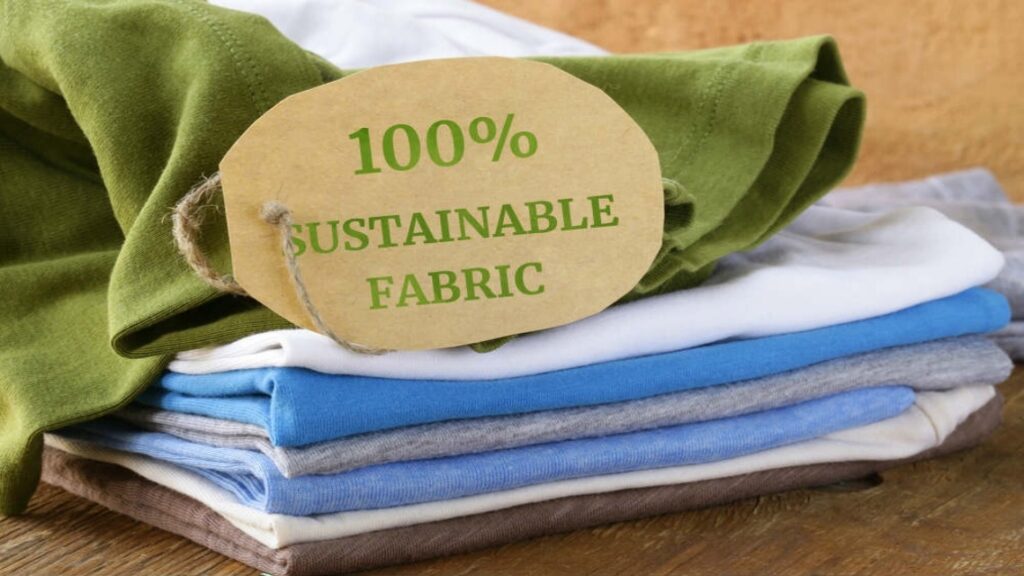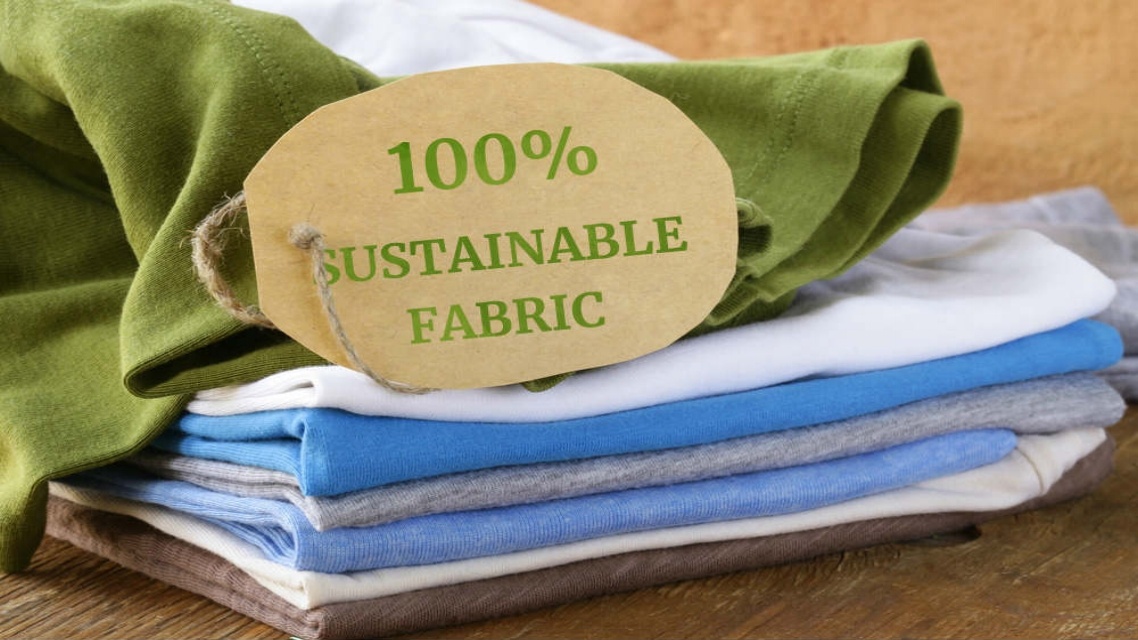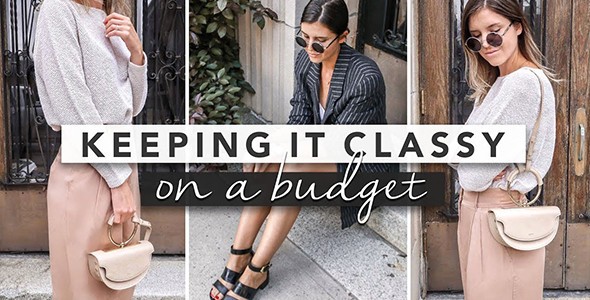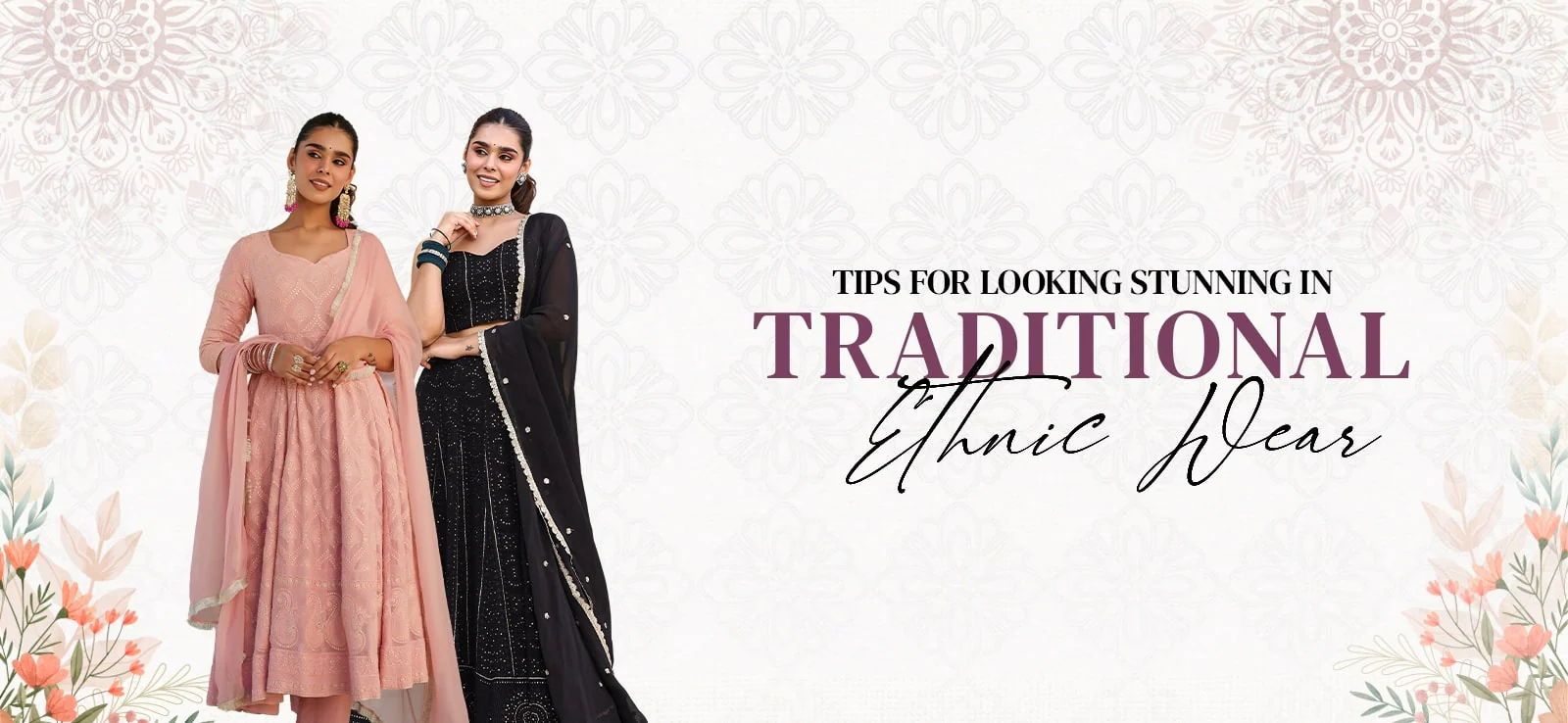Sustainable and Eco-Friendly Clothing Brands: Paving the Way for a Greener Future

As awareness of climate change and environmental issues continues to grow, the demand for sustainable and eco-friendly fashion has surged. Consumers are increasingly looking for clothing brands that not only offer stylish options but also contribute to reducing the environmental impact of the fashion industry. Fast fashion, which has been criticized for its unsustainable practices, is slowly being replaced by brands that prioritize eco-conscious production, ethical sourcing, and sustainable materials.
In this blog, we’ll take a closer look at the importance of sustainable fashion, explore some leading eco-friendly clothing brands, and highlight the ways in which these brands are changing the industry for the better.
What Is Sustainable and Eco-Friendly Fashion?
Sustainable fashion is an approach to clothing production that considers the environmental, social, and economic impacts of the fashion industry. It emphasizes reducing waste, using eco-friendly materials, and promoting ethical labor practices. Eco-friendly fashion, on the other hand, specifically focuses on using environmentally responsible practices in design, production, and distribution. This includes using organic or recycled materials, reducing carbon footprints, and ensuring that garments are made in a way that is less harmful to the planet.
In recent years, many brands have taken steps to promote sustainability in their operations. These actions range from adopting circular fashion models—where clothing is designed to be reused or recycled—to choosing natural and organic fibers that require less water, pesticides, and energy to produce.
The Importance of Sustainable Fashion
The fashion industry is one of the largest polluting industries in the world, responsible for a significant amount of waste, carbon emissions, and water consumption. By embracing sustainable fashion practices, we can:
- Reduce Carbon Emissions: The production of garments, particularly synthetic ones, contributes heavily to greenhouse gas emissions. Sustainable brands focus on reducing these emissions by using renewable energy sources and reducing transportation footprints.
- Save Water: The textile industry is notorious for its excessive water use. By utilizing water-efficient techniques and materials like organic cotton, brands can help reduce the strain on this vital resource.
- Minimize Waste: Fast fashion results in significant amounts of waste due to the rapid turnover of clothing styles and poor garment quality. Sustainable fashion promotes practices such as recycling, upcycling, and creating garments that last longer.
- Promote Fair Labor: Many eco-friendly brands ensure that their workers are paid fair wages and work in safe conditions, contributing to the overall well-being of their employees.
Top Sustainable and Eco-Friendly Clothing Brands
Let’s explore some of the top brands that are leading the charge in sustainable and eco-friendly fashion. These brands are proving that you can be stylish while also being kind to the planet.
1. Patagonia
Patagonia is one of the pioneers in the sustainable fashion movement, known for its commitment to environmental activism. The brand uses recycled materials, organic cotton, and wool, and is transparent about its sourcing practices. Patagonia also supports environmental initiatives by donating a percentage of its profits to grassroots environmental organizations.
- Key Practices:
- Uses recycled polyester, organic cotton, and wool.
- Focuses on durable, long-lasting products.
- Promotes repair and reuse with its “Worn Wear” program.
- Offers a lifetime warranty for its products.
Patagonia is a leader in combining high-performance outdoor wear with sustainability, offering everything from jackets to activewear, all while staying committed to protecting the planet.
2. Stella McCartney
Stella McCartney is a luxury brand that has been committed to sustainability from its inception. Known for its use of non-animal materials, the brand has embraced ethical sourcing and production methods. McCartney has continually pushed the fashion industry to reconsider traditional practices, promoting eco-friendly fabrics like organic cotton, hemp, and recycled polyester.
- Key Practices:
- Avoids the use of leather, fur, and other animal-based materials.
- Focuses on using sustainable fabrics like organic cotton, hemp, and recycled materials.
- Commits to reducing its carbon footprint with eco-friendly packaging and responsible manufacturing.
Stella McCartney’s luxury collections show that high-end fashion can be stylish and sustainable, proving that sustainability can be incorporated into even the most glamorous designs.
3. Everlane
Everlane is a direct-to-consumer brand that has become synonymous with transparent pricing and ethical production. The brand is committed to sourcing materials responsibly and ensuring that its factories follow fair labor practices. Everlane has been very open about its supply chain and the environmental impact of its products, offering a “Transparent Pricing” model that breaks down the cost of production and the markup.
- Key Practices:
- Uses materials like organic cotton, recycled polyester, and silk.
- Commits to a carbon-neutral production process.
- Focuses on fair wages and factory transparency.
Everlane offers a wide range of minimalist, high-quality clothing with a focus on long-lasting designs that consumers can wear season after season.
4. Reformation
Reformation is a sustainable clothing brand that focuses on creating fashionable pieces using eco-friendly materials like organic cotton, Tencel, and recycled fabrics. The brand is known for its trendy designs, from dresses to jeans, all produced with sustainability in mind. Reformation also tracks its carbon footprint and water usage, giving consumers clear data on the environmental impact of each garment.
- Key Practices:
- Uses sustainable materials like Tencel, organic cotton, and deadstock fabrics.
- Tracks its carbon footprint and water consumption.
- Offers a wide range of trendy and vintage-inspired pieces.
Reformation is a favorite among eco-conscious shoppers who want both style and sustainability, offering everything from chic dresses to everyday basics.
5. People Tree
People Tree is a UK-based brand that has been at the forefront of the ethical fashion movement for over two decades. The brand specializes in organic cotton, fair trade certified clothing, and eco-friendly production methods. People Tree’s collections are designed with longevity in mind, using traditional craftsmanship and techniques to create timeless pieces.
- Key Practices:
- Uses organic cotton and other sustainable fabrics.
- Ensures that all workers are paid fair wages and work in safe conditions.
- Partners with artisans and craftspeople to promote traditional, sustainable techniques.
People Tree’s commitment to ethical production has made it a go-to brand for consumers looking for well-made, sustainable fashion that supports fair trade practices.
6. Toms
Toms, originally known for its signature canvas slip-on shoes, has evolved into a full-fledged sustainable brand. Toms focuses on creating footwear, apparel, and accessories with a focus on eco-friendly materials, fair trade practices, and social impact. The brand also has a strong commitment to reducing its carbon footprint and promoting ethical manufacturing.
- Key Practices:
- Uses sustainable materials like organic cotton, hemp, and recycled polyester.
- Commits to social causes with the “One for One” initiative, where every purchase helps a person in need.
- Partners with fair trade-certified factories.
Toms is a great example of a brand that balances social good with sustainability, offering stylish products with a meaningful purpose.
7. Allbirds
Allbirds, a brand known for its ultra-comfortable shoes, is committed to creating environmentally friendly products using natural, renewable materials. Allbirds shoes are made from materials like merino wool, eucalyptus tree fiber, and sugarcane-based foam. The brand has become a leader in using innovative, sustainable materials to create products that are both comfortable and eco-friendly.
- Key Practices:
- Uses sustainable materials like merino wool, eucalyptus fiber, and sugarcane-based foam.
- Offers carbon-neutral products, offsetting emissions from production and shipping.
- Focuses on transparency and provides data on the carbon footprint of each product.
Allbirds has redefined footwear by combining comfort, style, and sustainability, offering a range of eco-friendly shoes that are both fashionable and planet-friendly.
How Sustainable Fashion Brands Are Changing the Industry
Sustainable fashion brands are making a significant impact on the industry by challenging traditional, harmful practices and promoting eco-friendly alternatives. These brands are:
- Prioritizing Ethical Production: Many eco-friendly clothing brands work closely with manufacturers to ensure fair labor practices and that workers are paid living wages. By supporting small-scale artisans and workers in developing countries, these brands contribute to improving the livelihoods of workers.
- Innovating with Materials: Sustainable brands are embracing new, innovative materials such as biodegradable fabrics, organic cotton, and recycled fibers. By using materials that have less environmental impact, these brands are reducing their carbon footprint and conserving resources.
- Promoting Circular Fashion: Circular fashion involves designing clothes that can be reused, repurposed, or recycled at the end of their life cycle. Many sustainable brands are adopting this model by offering take-back programs or designing clothes that can be easily repaired and reused.
- Raising Awareness: Eco-friendly brands are using their platforms to educate consumers about the importance of sustainability in fashion. Through transparency about their supply chains and production processes, these brands are empowering customers to make more informed and ethical purchasing decisions.
Conclusion: Embrace Sustainability in Fashion
The future of fashion is undoubtedly sustainable. As consumers become more conscious of the environmental and social impacts of their purchasing decisions, eco-friendly clothing brands are gaining momentum. From luxury brands like Stella McCartney to everyday staples from Patagonia and Reformation, sustainable fashion offers something for everyone.
By supporting sustainable brands, consumers are not only making a statement about their own values but also contributing to a greener, more ethical fashion industry. As more brands adopt sustainable practices and technologies, we move one step closer to a more sustainable and ethical fashion future.



